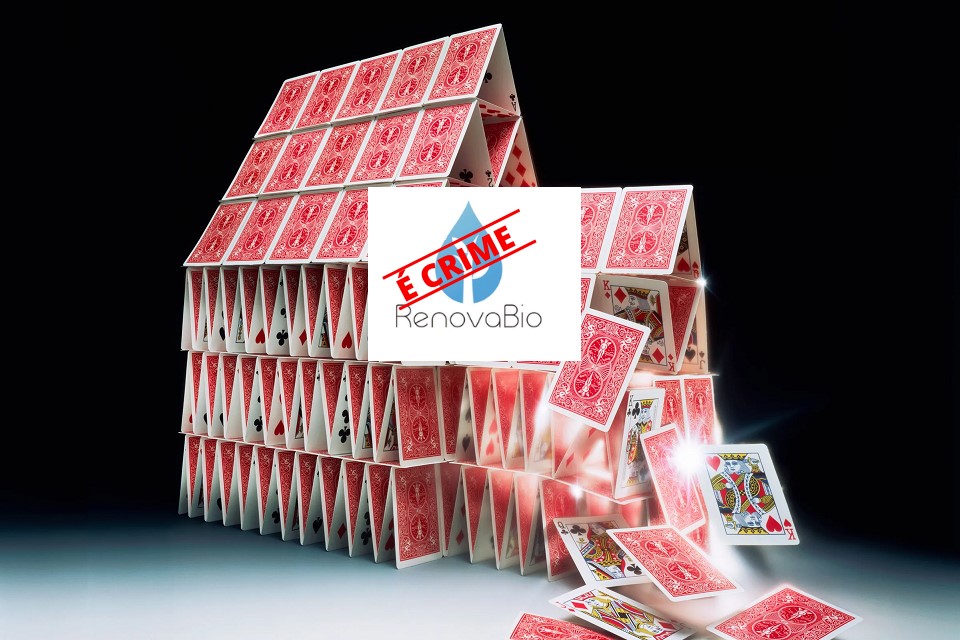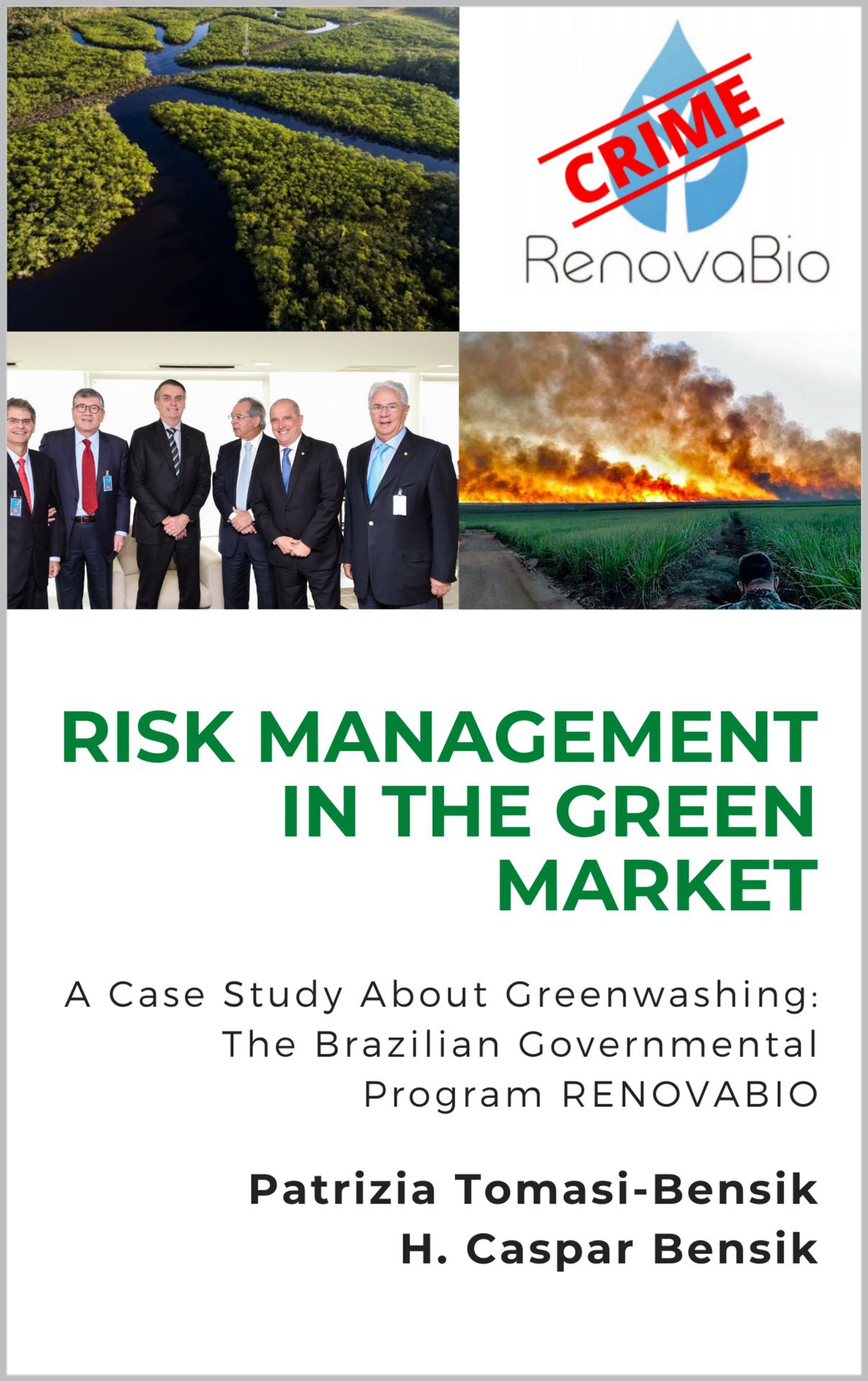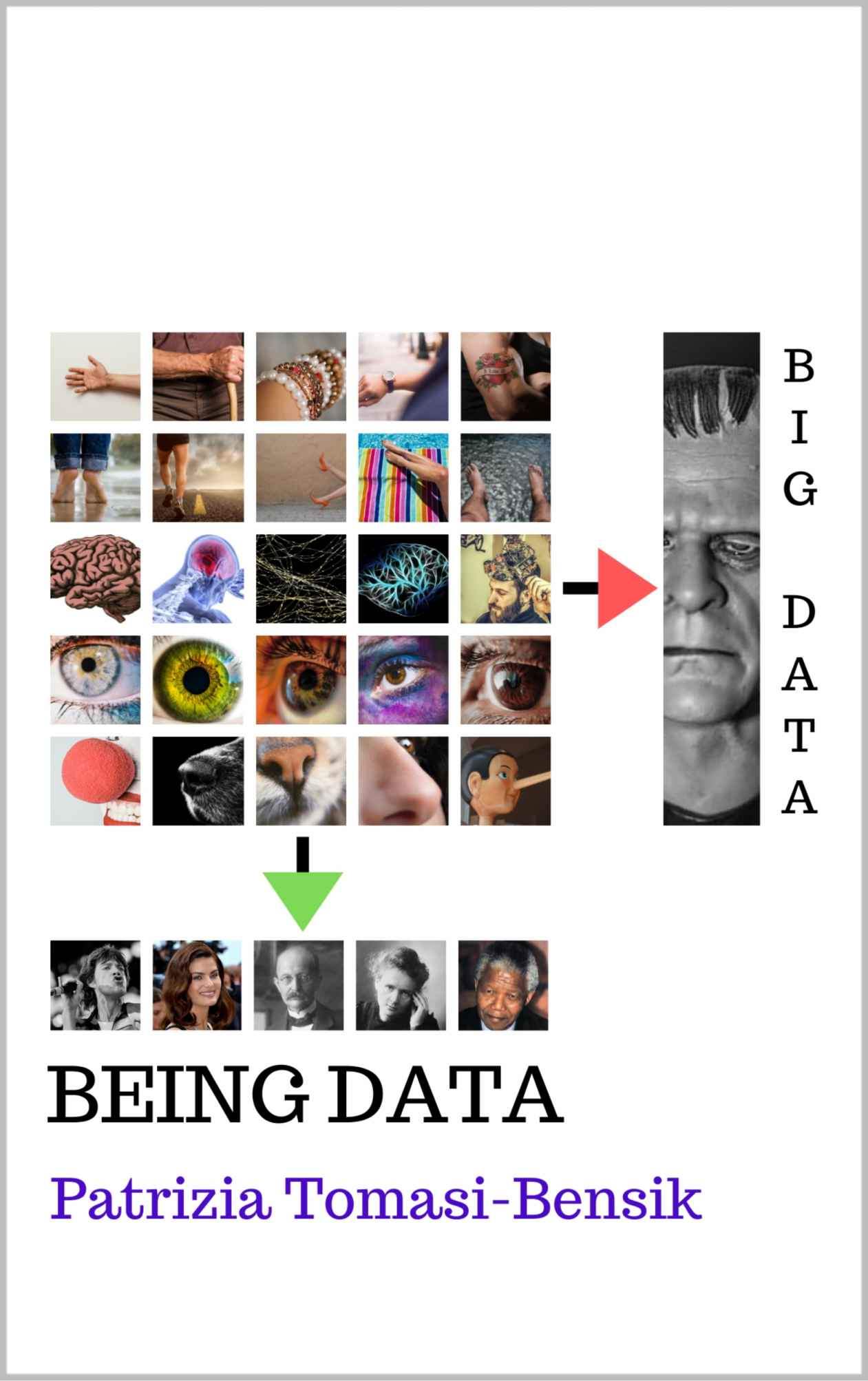Planck E PressCenter Articles
Unintended Consequences
Date published: 2022-11-28
Date modified: 2022-11-28
Reading time: 00:02:06

“The only thing that should surprise us is
that there are still some things that can surprise us.”
François De La Rochefoucauld
There is a behavioral pattern called Unintended Consequences, which Robert Merton began to explore in 1936.
Until 2013, sugar and alcohol production plants led the UNFCCC Clean Development Mechanism-CDM projects. The CDM is one of the three flexibility mechanisms of the Kyoto Treaty to generate carbon credits. As of that year, the projects all fell into the usual business condition, and as they were no longer additional, they could no longer generate the credits. As usual, the colonels pressured the UNFCCC in every way and, accustomed to achieving their spurious goals in Brazil, suffered defeat in the face of the clear statement of the UN arm that deals with climate change: “Land must be used for food production. The simple fact of producing biofuels does not allow the generation of carbon credits.”
In 2014, the sugar and alcohol sector elected Evandro Gussi as a federal congressman. In 2017, he proposed a bill that created RENOVABIO, and, the surprise of surprises, the bill became law almost instantly.
The program is a crime. It is ideological falsehood, embezzlement, market reserve, and generates false carbon credits, the CBIO. But that was not a problem. Brazil's Kenneth Lay brought Bradesco, Santander, and B3 into the scam. Other top Brazilian banks declined to participate in the fraud. In the inglorious attempt to give legitimacy to the crimes, former Operational Entities Designated by the UNFCCC were as also involved in the fraudulent scheme, which is unforgivable since SGS and BV know perfectly well that the program generates false carbon credits.
Exercising even more musculature, with the Brazilian Lay deep pockets, academia FGV, UNICAMP, and EMBRAPA were brought into the scam. As with SGS and BV, if there was initial ignorance on the part of the ANP and MME, the possible explanations for the endorsement of the criminal program by educational and research institutions are either ignorance or corruption. And for that matter, the Brazilian sugar and alcohol sector has a Ph.D.
What are the unintended consequences? The ethical Brazilian and the international press. The articles by journalists Nicola Pamplona, from Folha de São Paulo, and Peter Millard, from Bloomberg, warn about the criminal program.
Suddenly the program is suspended in the face of evident price manipulation on B3 and my book, which details the crime and denounces the perpetrators by name.
If it becomes reinstated, Bloomberg, Folha, and I will return.
If it doesn't, then the more than US$ 2 billion biofuel distributors forcibly had to spend on the compulsory purchase of false carbon credits will have to be reimbursed. Unintended Consequences? Only for those who are extremely arrogant.
If you want to know more about additionality, carbon credits, greenwashing, and politicians who form the sugar and ethanol faction in the Brazilian Senate and Congress; if you want to understand the absurdity of the RENOVABIO program, read my book Risk Management in the Green Market.
Recent Presscenter Articles
-
The Parametrization of Science
-
A Scientific Impossibility
-
The Unsustainable Stability of the Atom
-
The Bell-Curve and the Neutron
Planck E - Books
For further information about Planck E PressCenter, please contact us.
Divulging ingenious solutions
The mission of the Planck E PressCenter is to promote ideas, products and theories that have not yet reached the mainstream, as captured in our first release Eccentrics and their Ingenious Solutions.
Newsletter
Sign up for our weekly Planck E Newsletter, complete with the latest ingenious solutions.
Click here for the signup form.
Submit your ingenious solution
We encourage you to submit your ingenious solution, article, press release or "out of the mainstream" technical idea for publication on the Planck E PressCenter. Please send us an e-mail to presscenter@planck-e.com and enquire how.
To learn more about holistic engineering, solutions inspired by nature, monetization of diseconomies, training courses or the incorporation of Being Data to your day-to-day, please follow us on the social networks.



